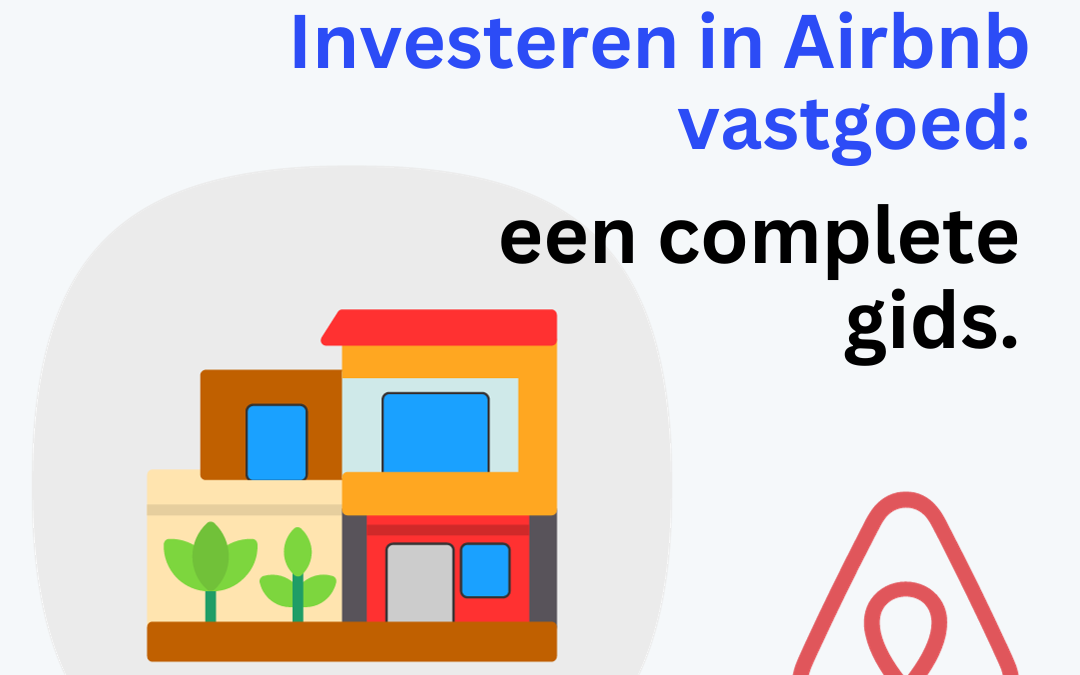Airbnb has transformed the real estate and tourism industry by allowing homeowners to rent out their spaces to short-term guests. While this may seem like an attractive investment opportunity at first glance, it is important to have a balanced view. The pros and cons of investing in Airbnb real estate are outlined below, each with an accompanying paragraph for better understanding.
Benefits of Investing in Airbnb Real Estate
Higher Potential Revenues
One of the most attractive aspects of investing in Airbnb properties is the potential for higher rental income compared to traditional long-term rentals. Especially in tourist-attractive areas or during events, owners can take advantage of increased demand and adjust their prices accordingly. This flexibility in pricing can lead to significantly higher income, especially if the property is consistently occupied.
Flexibility in management
Airbnb owners enjoy considerable flexibility in managing their properties. They can decide when their space is available for rental and can even set blackout dates for personal use. This means they are not tied to long-term leases and can use their property whenever they see fit.
Value creation and Market diversification
Properties in strategic locations may increase in value due to the growing popularity of Airbnb. This can offer a double benefit: short-term rental income and long-term capital growth. Moreover, Airbnb provides access to a wider audience of potential tenants, reducing the risk of vacancy.
Disadvantages of Investing in Airbnb Real Estate
Regulations and restrictions
A significant disadvantage of investing in Airbnb properties is the local regulations and restrictions introduced in many cities and towns. These can range from licensing and taxation to complete bans on short-term rentals. Failure to comply with these rules can lead to fines and other legal complications, which can reduce profitability or even make the investment unfeasible.
Higher Operating Costs and More Intensive Management
Operating costs for Airbnb rentals are often higher than for traditional rentals. Cleaning after each stay, maintenance, and the purchase of amenities all add to the costs. Moreover, managing an Airbnb requires a lot of attention and time, from communicating with guests to resolving any problems during their stay. For some owners, this can be a heavy burden, possibly forcing them to hire a manager, which in turn adds costs.
Income Volatility and Social Impact
Unlike traditional rentals, which provide a stable income stream, Airbnb rentals can be subject to wide fluctuations. Seasonality, economic fluctuations and increasing competition can all affect occupancy rates and therefore income. In addition, there is growing concern about the impact of short-term rentals on local communities, particularly in terms of the availability of affordable housing and the disruption of neighbourhood communities.
Conclusion
Investing in Airbnb real estate can be both lucrative and challenging. The higher potential income and flexibility are attractive, but the operational complexities and regulations require careful consideration. Potential investors should conduct thorough market research, consider local legislation and be realistic about the commitment required. With a considered approach, investing in Airbnb properties can be a valuable addition to a diverse property portfolio.



